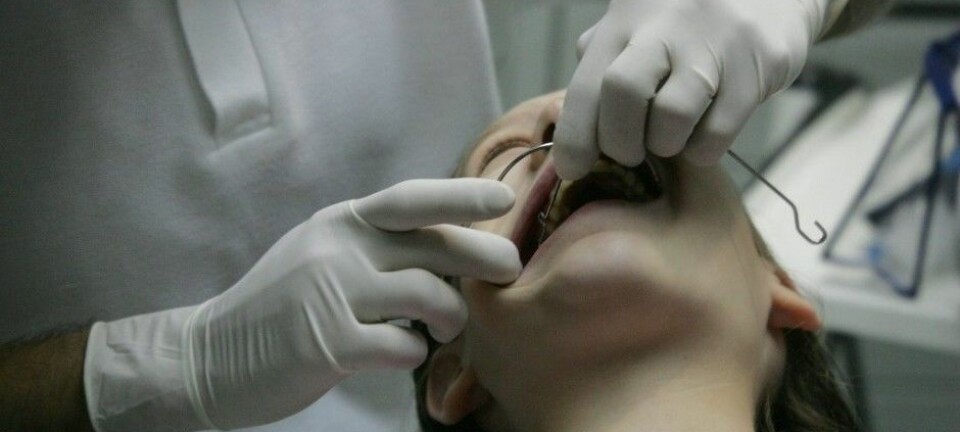
Better treatment for social anxiety
Social anxiety is currently treated with antidepressants or cognitive behavioural treatment. A new study shows that a combination of the two works best.
Many of us get stomach flutters when we have to speak in front of a large group, or sweaty palms when we must meet many we people we don’t know.
Blushing, sweating and a palpitating heart are normal symptoms of being nervous in a social situation.
It doesn’t become a diagnoseable disorder until your fears of how others perceive you really permeate your thoughts and diminish your quality of life.
Exposure and medications
Researchers at Uppsala University in Sweden have completed a study showing that the most effective way to counteract social anxiety is to use a combination of treatment types.
People with social anxiety try to avoid places and situations that they think would trigger the anxiety. One type of treatment is to expose them to their trepidations. Such cognitive behavioural therapy aims at breaking down their negative patterns of behaviour and raise their insight about their modes of thought.
Another common type of therapy involves giving the patient selective serotonin reuptake inhibitors (SSRIs). Such medications are also commonly used to treat depression.
Clear improvement after nine weeks
The Swedish researchers have shown that patients who were given a combination of cognitive therapy and SSRIs made progress after nine weeks of treatment.
Their gains continued and were even stronger after 15 months. The headway they made was monitored by means of laboratory tests.
The patients were also examined with functional magnetic resonance imaging (fMRI). This showed that the patients had lower emotional activity in the brain region which is associated with anxiety.
The treated patients were compared through double-blind testing with a control group that received placebo medication and cognitive behavioural therapy.
More genetic than believed
A study of social anxiety and avoidant behaviour personality disorders from the Norwegian Institute of Public Health (NIPH) shows that social anxiety is more genetically related than previously presumed.
“Although the environment has the biggest effect short term, your genes play a decisive role in the long run,” says Fartein Ask Torvik, a researcher at NIPH’s section for Genetics, Environment and Mental Health.
“The impacts of environmental incidents, such as being bullied or losing one’s job, are of limited duration. The effects of the occurrences that lead to social anxiety actually wear off at some point in time.”
Torvik says the inconstancy of a social anxiety disorder can give a ray of hope to those who suffer from it.
But the long-term risk, which is linked to our genes, is the hardest to beat.
“If a person has an avoidant behaviour personality disorder he or she is at high risk of experiencing periodic social anxiety. A person can experience social anxiety even though they have had a good, secure childhood. But if one has a genetic disposition for it, one can learn to overcome one’s tendency towards avoidance and know what to do if the anxiety strikes.”
So good treatment forms are available.
A combination of antidepressants and cognitive behaviour treatment is now quite common. The researchers in Uppsala have studied this combination and concluded that it works well.
------------------------------------------------
Read the Norwegian version of this article at forskning.no
Translated by: Glenn Ostling







